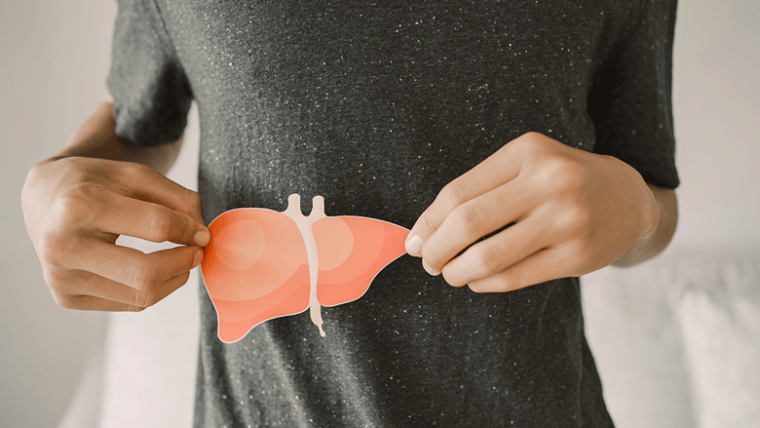The commitment to improve efficiency is at the heart of HelloHealth. It aligns with the intrinsic motivation of healthcare workers: to provide care.


The commitment to improve efficiency is at the heart of HelloHealth. It aligns with the intrinsic motivation of healthcare workers: to provide care.

HelloHealth offers a refreshing promise: a world where patients are empowered, knowledge is shared, a true evolution in healthcare.

HelloHealth app, offers a suite of scheduling features designed to achieve a more efficient private practice

HelloHealth’s app simplifies and speeds up registration and access processes, driving staff efficiency and elevating patient satisfaction.

Endometriosis, a painful condition affecting nearly 15% of women, results in the growth of uterine tissue outside the womb and is a leading factor in infertility.

Recent findings indicate that women who adhere to the DASH (Dietary Approaches to Stop Hypertension) diet in their midlife years may have a lower risk of experiencing memory loss and other cognitive issues in their later years.

New Approach Reduces Immunosuppression for Liver Transplants: A groundbreaking medical approach may offer new hope to liver transplant recipients by potentially reducing their reliance on lifelong immunosuppressive medication

Researchers have unveiled a new experimental drug that has shown promise in offering relief to those suffering from tough-to-treat epilepsy

New research has shed light on the potential connection between loneliness and an increased risk of developing Parkinson’s disease.

A recent study has shed light on the necessity of allergy tests for children suffering from a prevalent form of eczema, hinting at the possibility of a secondary allergic-type eczema.